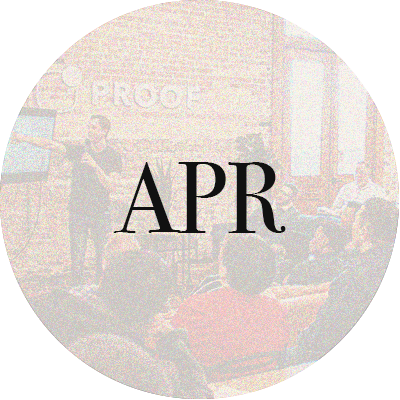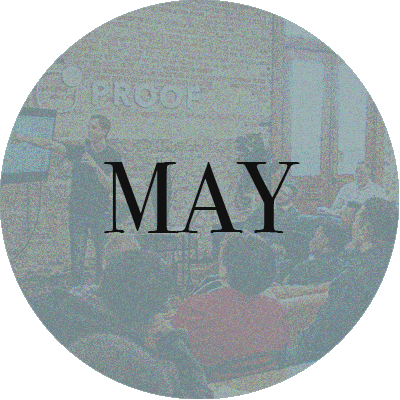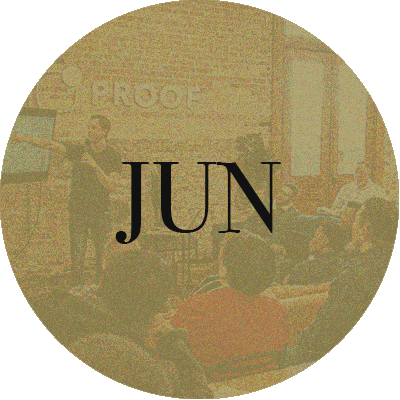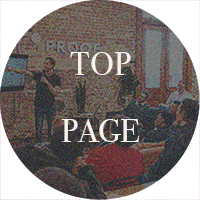6/2【Music, Mobility and Chineseness】Fred Lau
Music, Mobility and Chineseness
6/2 2:00 ~ 4:00 p.m.
Presenters: Frederick Lau
Area of study: Ethnomusicology in China
Abstract: The massive movement of people across national borders is one of the key features of contemporary globalization. Mobility inevitably results in the resignification of traditions and the creation of new ones. Essential to the understanding of how cultural traditions are maintained, transported, and appropriated requires us to focus on issues of agency. That is, how is a musical tradition being mobilized, who did it, and for what purpose?
My paper examines two case studies of Chinese music in the diaspora. I focus on the Teochew musicians in Bangkok and the significance of choral singing in Chinese diasporic communities. I am interested in what Jane Sugarman calls the “social effects” of musical practices, i.e. the ways that playing Chinese music and singing in a Chinese choir engages in the very construction of agency and experience (Sugarman 1997:27). Based on ethnographic fieldwork conducted in Bangkok and Honolulu, Hawai'i, I explore the significance of Teochew traditional music and Chinese choral practice, the motivations and behaviour of members, and the symbolism of these genres in a diasporic context. I argue that participating in Chinese music not only constitutes a process of constructing Chineseness but also provides participants an arena in which to contest it. My analysis is based on the assumption that notions of Chineseness are fluid and multiple according to notions of self, group identity, and social position.
Frederick Lau is an ethnomusicologist, flutist, and conductor whose scholarly interests include a broad range of topics in Chinese, Western, and Asian music and cultures. He has published widely on issues related to music and identity, nationalism, modernization, politics, globalization, diaspora, musical hybridity as well as Western avant-garde music. Lau has received numerous research grants from agencies such as the National Endowment for the Humanities (NEH), the Scholarly Communication with the PRC, Freeman Grants, and the German Academic Exchange (D.A.A.D.). He served as the former book review editor of the Yearbook for Traditional Music and is editor of a book series entitled Music and Performing Arts of Asia and the Pacific, University of Hawaii Press.
To facilitate the smooth running of the event, participants are requested to enter the virtual meeting room(s) 10 minutes earlier, with the permission from the organizer. During the waiting period, please confirm your microphone and video camera are turned off.





